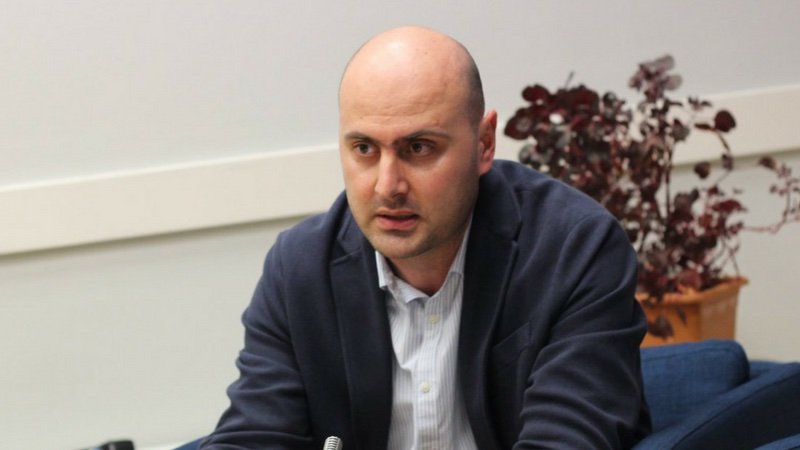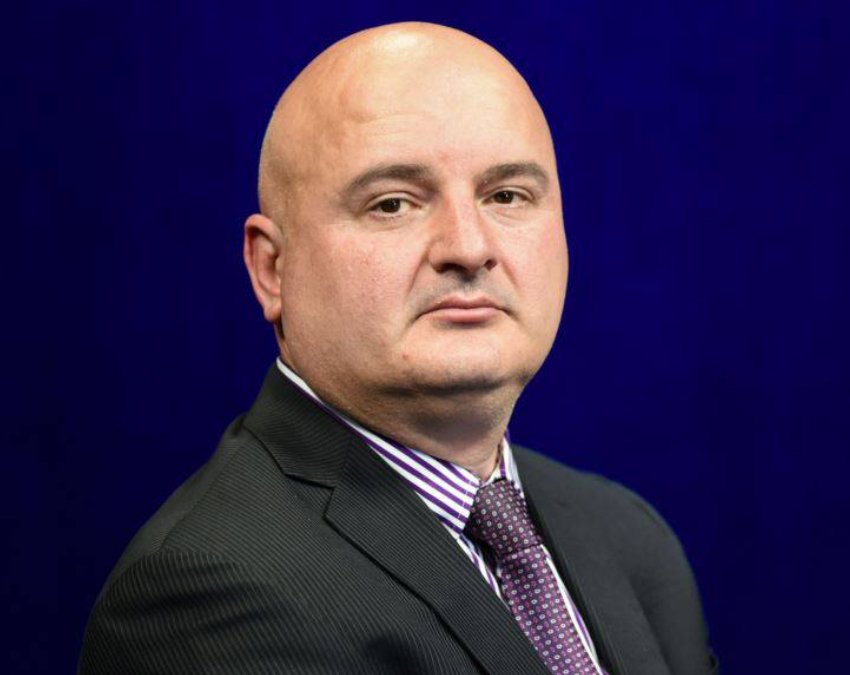On November 8, the European Commission recommended granting EU candidate’s status to Georgia “on the understanding that certain reform steps are taken.”
These steps include nine of the 12 EU priorities the European Commission presented to the country in March 2002. In addition to greater precision of the outstanding priorities, there are new ones – the fight against disinformation, including anti-EU disinformation and foreign information manipulation and interference against EU values and Georgia’s alignment with EU foreign policy. The Union also stated that it would closely monitor the conduct of the parliamentary elections in October 2024 when deciding on Georgia’s EU prospects.
We have asked two former Ambassadors of Georgia to the European Union and two Georgian experts on EU-Georgia relations what is their assessment of the November 8 European Commission recommendation to the European Council to grant Georgia a candidate status:
Georgia has to fulfill most of the remaining and new conditions, but what is the timeline for their fulfillment? More specifically, what would the EU’s decision in December depend on?

Natalie Sabanadze, senior fellow in the Russia and Eurasia Program at Chatham House, former Ambassador of Georgia to the European Union
The Commission decision to recommend a candidate status for Georgia and open accession talks to Ukraine and Moldova is a breakthrough not only for us, the three countries, but also for the European Union. It signals the start of arguably the most difficult enlargement round, which would redefine the EU as a global political actor. The Russian aggression against Ukraine has arguably jolted the EU out of its geopolitical innocence, resulting in a geopolitical decision to consider enlargement into the eastern neighborhood. This means, however, that the EU will have a difficult balancing act to perform. It will have to uphold respect for criteria, which is fundamental to its own political identity, and take steps to gain geopolitical advantage in the increasingly competitive environment. It will also have to maintain unity of purpose and values while expanding as a polity and will have to rethink its security in light of the deadliest war in Europe since 1945.
Granting Georgia a candidate status, if endorsed by the European Council in December, would be significant in terms of anchoring Georgia in the EU integration process. A formal status is more than a mere promise and as Ukraine and Moldova illustrate, as opening accession talks is one step away. The European Union took this decision out of geopolitical expediency and as a sign of respect for Georgia’s long-standing European aspirations. The Georgian public has demonstrated repeatedly that it remains pro-European and is ready to defend its choice if need be. The EU felt compelled to reciprocate. The Commission President was very clear in her messaging, urging the government to do more to match popular demand for speedy accession.
I expect the Council to endorse the Commission recommendation for the same reasons. However, for opening negotiations, the EU would want to see tangible progress in reforms. Much will depend on the willingness of the government to undertake reforms in good faith, moving beyond the box-ticking approach. This effectively means dismantling the illiberal hybrid regime that the ruling party has constructed and doing so in the run of highly contested 2024 elections. This is unlikely.

Salome Samadashvili, Member of Parliament, former Ambassador of Georgia to the European Union
The EU Commission decision to give the green light to grant a candidate status to Georgia paves way for a positive decision of the European Council in December. Had the Commission chosen not to recommend granting a status, the hands of the Council would be tied. Along with this, the Commission has clearly outlined the conditions that need to be fulfilled for the process to move forward.
Most of these conditions concern further progress which needs to be demonstrated to open the accession negotiations with Georgia. Any progress in fulfilling these conditions before the EU Council makes a decision in December will be helpful, although is not a pre-condition for its positive decision. Ultimately, is up to the Member States to decide whether or not to accept the recommendation of the Commission to grant a candidate status and the final outcome will be known after they state their position in the Council.
Both the Commission and the EU member states recognize that the positive decision to grant Georgian the status of a candidate country is a geopolitical move, as there was very little progress to mandate a positive decision. So, ultimately unless the GD government takes steps that simply make it impossible for the EU to take a positive decision, for example arrests some media or opposition figure, initiates another ‘Russian law’ or makes some drastic move away from democracy and the rule of law, or increases anti-EU rhetoric, the Council decision is likely to be positive.
While the largest majority of the member states have a lot of reservations about the European credentials of the current Georgian government they feel that leaving Georgia behind at this point is detrimental to the EU interests, as well as those of the Georgian people. Following the December decision, the EU will start demanding the fulfillment of 9 conditions and in March of 2024, the next Commission report will assess the progress. Since the elections were outlined as one of the key conditions, the EU is not likely to consider opening the accession negotiations before the next parliamentary elections and the future of Georgia’s EU accession talks will depend on the next elections’ assessment.

Vano Chkhikvadze, Open Society Georgia Foundation, Tbilisi, Georgia
It seems that the European Union took this decision considering the will of the Georgian people, who have been demonstrating their pro-European aspirations for years. It was the Georgian people who did not allow the authorities to deviate from the European path and strongly opposed the Russian-style law on foreign agents. EU also considered that Moldova and Ukraine moved to the next stage of the EU integration, and leaving Georgia at the same stage might have widened the gap between these states. As for the technicalities, it should be noted that according to the European Commission’s assessment, only 25% (3 out of 12) of the conditions set by the EU for Georgia in June 2022 have been met.
Considering that Georgia is now part of the EU enlargement package and that the EU will assess Georgia’s performance every autumn, the timeline for the country to demonstrate progress on all these nine priorities is next autumn. I believe that the key benchmark for Georgia is to ensure a free, fair, and competitive election process in 2024 and fully implement the OSCE/ODIHR recommendations. It must also take the other eight priorities seriously and demonstrate the political will to implement them.

Kornely Kakachia, Georgian Institute of Politics, Jean Monnet Chair at Ivane Javakhishvili Tbilisi State University
The European Commission’s decision to grant Georgia EU candidate country status is a significant accomplishment that can potentially drive further changes. This status allows Georgia to align itself with Ukraine and Moldova, potentially bridging the gap and revitalizing the country’s recent lack of progress on the reform agenda. It is important to note, however, that there is no guarantee that this status alone will motivate the Georgian government to abandon either its anti-reform approach, or anti-Western rhetoric, or to distance itself from Russia.
Nevertheless, the EU’s influence over Georgia’s reform process may be amplified by leveraging this candidate status and applying democratic conditionality more effectively. While some may view this decision as symbolic, with no operational consequences for the enlargement process, it presents an opportunity for the EU to actively engage with Georgia and the South Caucasus region to enhance stability, particularly in light of Russia’s war in Ukraine.
The EU’s decision in December will depend on Georgia’s progress in meeting the specified conditions. Analyzing the EU’s message to Georgia, it is evident that the Georgian government needs to implement significant policy changes to satisfy Brussels. The commission’s recommendation states that Georgia could qualify for EU candidate status “on the understanding that a number of steps are taken.” It is crucial for Georgia to demonstrate substantial advancements in democratic reforms, the rule of law, human rights, and economic development to meet the EU’s criteria for further progress. It will also be essential to prioritize de-polarization, de-oligarchization, and greater alignment with the EU’s foreign and security policy.